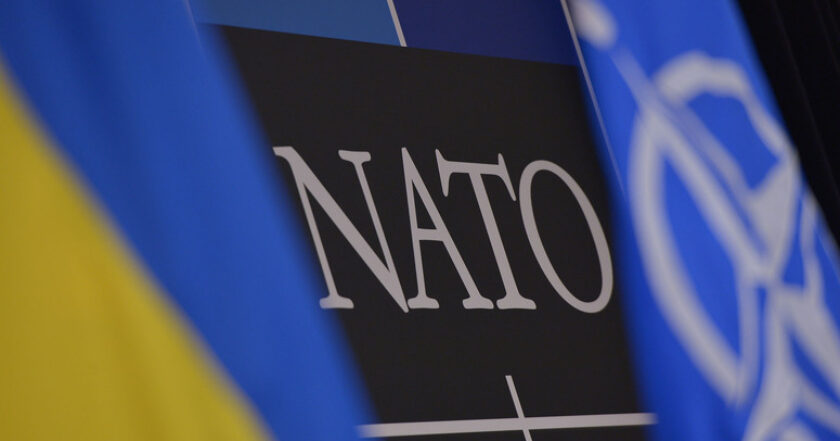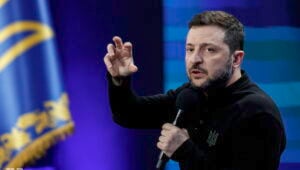Italy and Poland push for concrete security guarantees for Ukraine from NATO

Italy and Poland insist on absolute security guarantees for Ukraine from NATO.
The positions of Italy and Poland on this issue coincide, Sky News reports.
According to the Prime Minister of Italy, Giorgia Meloni, Ukraine should be given guarantees at the summit in Vilnius, which starts next week. Meloni did not say what kind of guarantees are in question but noted that Europe should be aware of the threat of consequences with a "domino effect."
During her visit to Warsaw, Melons demanded that NATO provide security guarantees for Ukraine. According to her, this should happen during the summit of the North Atlantic Alliance in Vilnius, which will start next week.
Polish Prime Minister Mateusz Morawiecki, in turn, said that he fully agreed with Meloni on this issue. According to Morawiecki, both countries agree that Ukraine should be given the strongest possible security guarantees.
Today, Lithuanian President Gitanas Nauseda said that at the NATO summit in Vilnius, it will be possible to agree on such commitments to Ukraine "that will not disappoint it."
"I have a feeling that we will still find those formulations that will not disappoint Ukrainians and will say more than we are used to," Gitanas Nauseda said in a comment to the LRT publication.
He also specified that individual states are going to Vilnius with additional support packages for Ukraine.
NATO should accept Ukraine as part of its membership as soon as possible and, before joining, send an expeditionary force to the country, said Roger Boyes, a columnist for the British Times newspaper, on July 5.
He believes that the North Atlantic Alliance should start the procedure for accelerating Ukraine's admission to its membership at the Vilnius summit.
This war in Europe is being waged mainly with the help of equipment, weapons, and intelligence from the US, whose most active allies are Great Britain, which has left the EU, and Poland, which is one of the vanguard of the EU's recruits. This suggests how NATO needs to change, weave together a transatlantic decision-making process, begin to collectively identify new threats from Putin's Russia, build a more integrated military-industrial complex, and master the art of forming coalitions with warring partners who want it, Boyes said.


















































